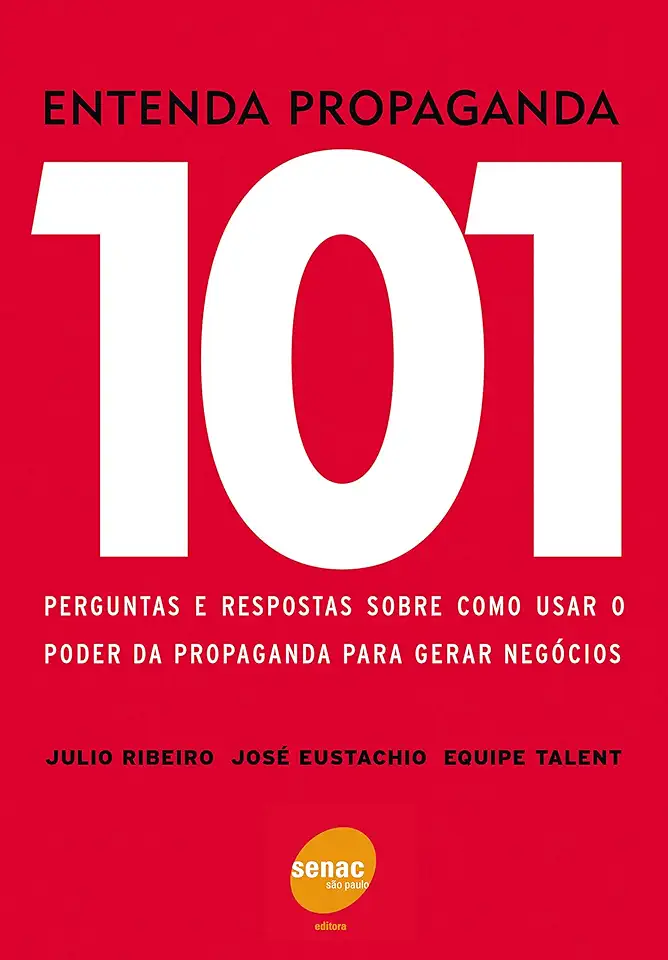
Understand Propaganda - Julio Ribeiro / José Eustachio / Talent Team
Understand Propaganda: A Comprehensive Guide to Recognizing and Resisting Manipulation
In today's world, we are constantly bombarded with information from various sources. It can be challenging to discern the truth from falsehoods and to make informed decisions. Propaganda, a form of strategic communication, aims to influence our thoughts, feelings, and actions by presenting biased or misleading information. Understanding propaganda is crucial to becoming more critical consumers of information and resisting manipulation.
What is Propaganda?
Propaganda is a deliberate and systematic effort to shape public opinion and behavior. It can be used for various purposes, including political, commercial, religious, and ideological. Propaganda techniques often rely on emotional appeals, oversimplification, and repetition to influence people's perceptions and actions.
Recognizing Propaganda Techniques
There are several common propaganda techniques to be aware of:
- Glittering generalities: Using vague and positive-sounding words without providing specific details.
- Card stacking: Presenting only one side of an argument while ignoring or downplaying opposing viewpoints.
- Bandwagoning: Creating the impression that everyone is doing or thinking something to encourage conformity.
- Testimonial: Using endorsements from celebrities or experts to lend credibility to a message.
- Fear-mongering: Exaggerating the dangers or negative consequences of a particular action or belief to create fear and anxiety.
- Snob appeal: Associating a product or idea with luxury, exclusivity, or prestige to make it seem more desirable.
- Plain folks: Portraying oneself as ordinary and relatable to connect with the audience on a personal level.
Resisting Propaganda
To resist propaganda, it is essential to be aware of the techniques used and to develop critical thinking skills. Here are some strategies to help you resist propaganda:
- Be skeptical: Question the motives and sources of information. Look for evidence to support claims and consider alternative perspectives.
- Check the facts: Verify information from multiple sources and fact-checking websites.
- Consider the context: Understand the historical and cultural context of information to assess its accuracy and relevance.
- Evaluate the evidence: Analyze the quality and reliability of the evidence presented.
- Be aware of your biases: Recognize your own biases and be open to considering different viewpoints.
- Discuss and debate: Engage in discussions with others to exchange ideas and challenge your own beliefs.
Conclusion
Propaganda is a powerful tool that can be used to manipulate our thoughts and actions. By understanding propaganda techniques and developing critical thinking skills, we can become more informed and resistant to manipulation. "Understand Propaganda" provides a comprehensive guide to recognizing and resisting propaganda, empowering readers to make more informed decisions and navigate the complex world of information.
Enjoyed the summary? Discover all the details and take your reading to the next level — [click here to view the book on Amazon!]